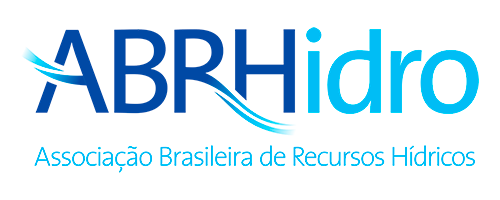XXIV SBRH - Simpósio Brasileiro de Recursos Hídricos
Data: 21/11/2021 à 26/11/2021
Local: BELO HORIZONTE - MG
ISSN: 2318-0358
Mais informações: http://www.abrhidro.org.br/xxivsbrh
Assessment of near real-time satellite rainfall products on estimating river discharge and hydrologic signatures in Brazilian catchments
Código
XXIV-SBRH0516
Autores
Andre Almagro, Paulo Tarso Sanches de Oliveira, Luca Brocca
Tema
SE07.B - Sensoriamento remoto da água: de avanços técnicos-científicos a aplicações na nova era de disponibilidade de informação
Resumo
Satellite rainfall products are one of the most valuable tools for water resources monitoring in data-scarce regions, due to their low latency and quasi-global range. However, there are still uncertainties associated with rainfall products performance used to estimate hydrologic signatures on several regions, such as in Brazil. Here, we investigate the performance of three rainfall products in estimating daily precipitation, daily river discharge, and hydrologic signatures over Brazil: the SM2RAIN-ASCAT and the GPM+SM2RAIN satellite products, and the ERA5 reanalysis product. We used a subset of 520 catchments from the Catchments Attributes for Brazil (CABra) dataset and the hydrologic modeling was carried out using the MISDc hydrologic model. Satellite-based products performed better than ERA5 for most Brazilian biomes in estimating daily precipitation when compared with ground observations used as reference. Daily river discharge was also better modeled with SM2RAIN-ASCAT and GPM+SM2RAIN. Hydrologic modeling presented low values of bias and more than 80% of catchments with KGE > 0.5 in calibration. Lastly, hydrologic signatures were well estimated by SM2RAIN-ASCAT and GPM+SM2RAIN, and for some biomes (Atlantic Forest, Cerrado, and Caatinga) they are better predictors than ground-based observations. We showed that there is a significant added value when using SM2RAIN-ASCAT and GPM+SM2RAIN products in tropical catchments, allowing a high-quality continuous water resources monitoring even in data-scarce regions. Besides, our findings pave the way for a better understanding of hydrologic extremes (drought and floods) using these satellite rainfall products on multiple spatial and temporal scales.

